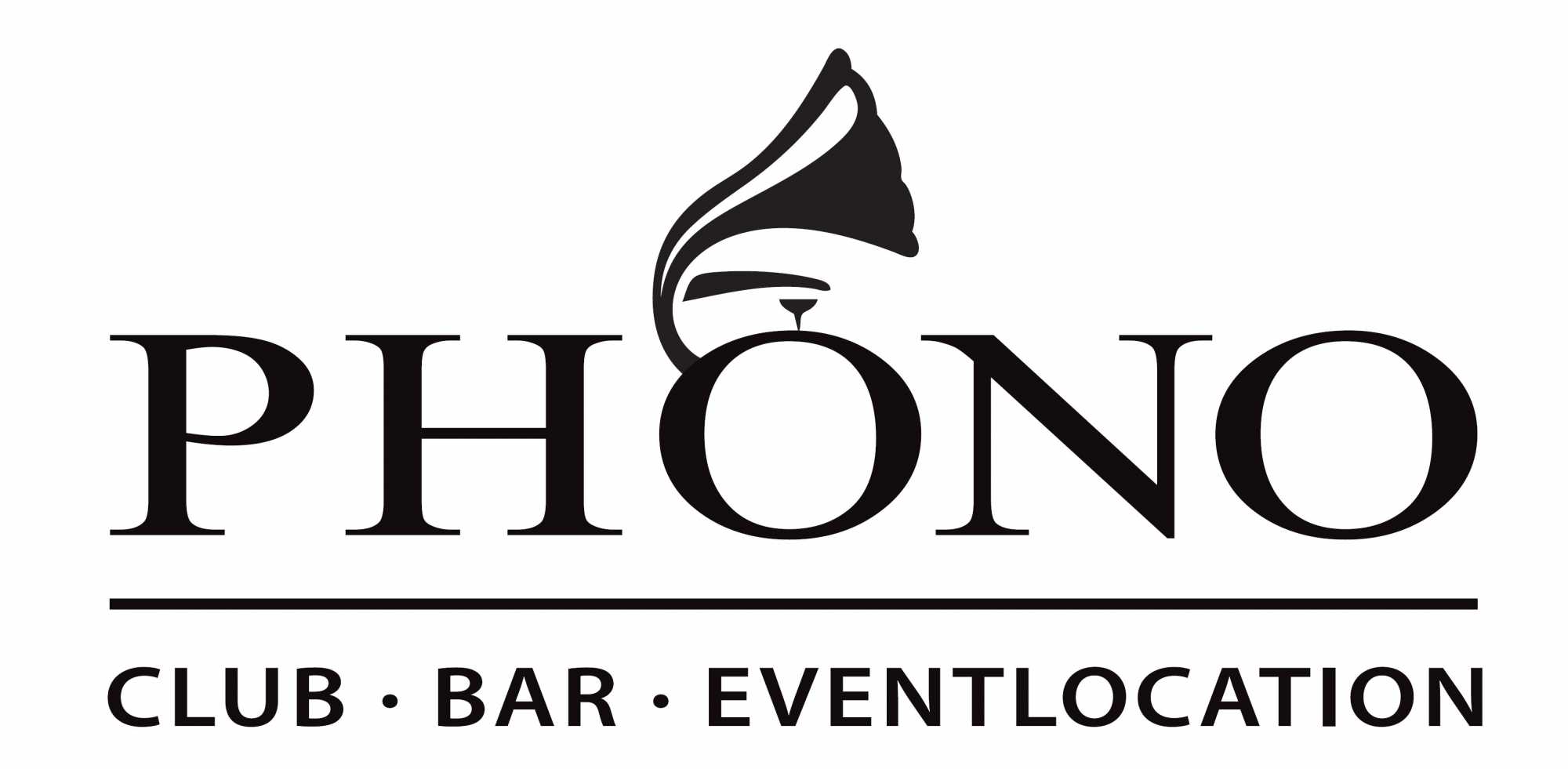- 1 | Bojan Trbojević
- 2 | Mihailo Zekić
- 3 | Dejan Veijić
- 4 | Miloš Mirosavljević
- 5 | Nikola Nešić
- 6 | Stefan Bingulac
- 7 | Nebojša Popović
- 8 | Vukan Rakić
- 9 | Marko Jelečki
- 10 | David Bodza
- 11 | Branko Kostić
- 12 | Srđan Milovanović
- 13 | Marko Maksimović
- 14 | Aleksandar Ivošević
- 15 | Ilija Đilas
- 16 | Duško Petrović
- 17 | Dragan Dolić
- 18 | Marko Knežević
- 19 | Branimir Sijerić
The Football Team of Serbs in Croatia at the EUROPEADA
The “Football Team of Serbs in Croatia ” is the representative team of the Serbs in Croatia. At the EUROPEADA 2024, it will be the fourth time that Serbs from Croatia will participate in the tournament.
Serbs in Croatia
Serbs in Croatia" refers to the Serbian-speaking minority whose presence has been shaped by historical migrations and the quest for religious and cultural autonomy since the 15th century.
The roots of this community in Croatia were deepened by migrations from the 15th to the 18th centuries, in particular by rights and privileges granted by the Habsburg monarchy. The religious identity of the Serbs was a key factor in uniting the community, especially in disputes with the Catholic majority. Their autonomy was emphasised by the establishment of public ecclesiastical assemblies, which began in the 17th century and underlined their distinct social, cultural and political identity.
The Serbian Orthodox Church played a key role in educational and cultural progress, establishing important institutions such as the Orthodox Theological School in Krka in 1614 and in Karlovac in 1794. Facing the challenges of Empress Maria-Theresa's reforms in the 18th century and navigating the political landscape of the Austro-Hungarian Empire, Serbs maintained their identity and rights.
In the 20th century, Serbian leaders entered into political coalitions with Croatian parties, marking a period of joint political endeavour. The rise of communism resonated with the youth of Krajina and fuelled resistance to the fascist Ustasha regime during the Second World War.
Despite historical ups and downs, the Serb community has persistently fought for its rights and identity. Today, some 200,000 Serbian speakers live in Croatia and continue to promote regional development and Croatian-Serbian cooperation, supported by European Union mechanisms.
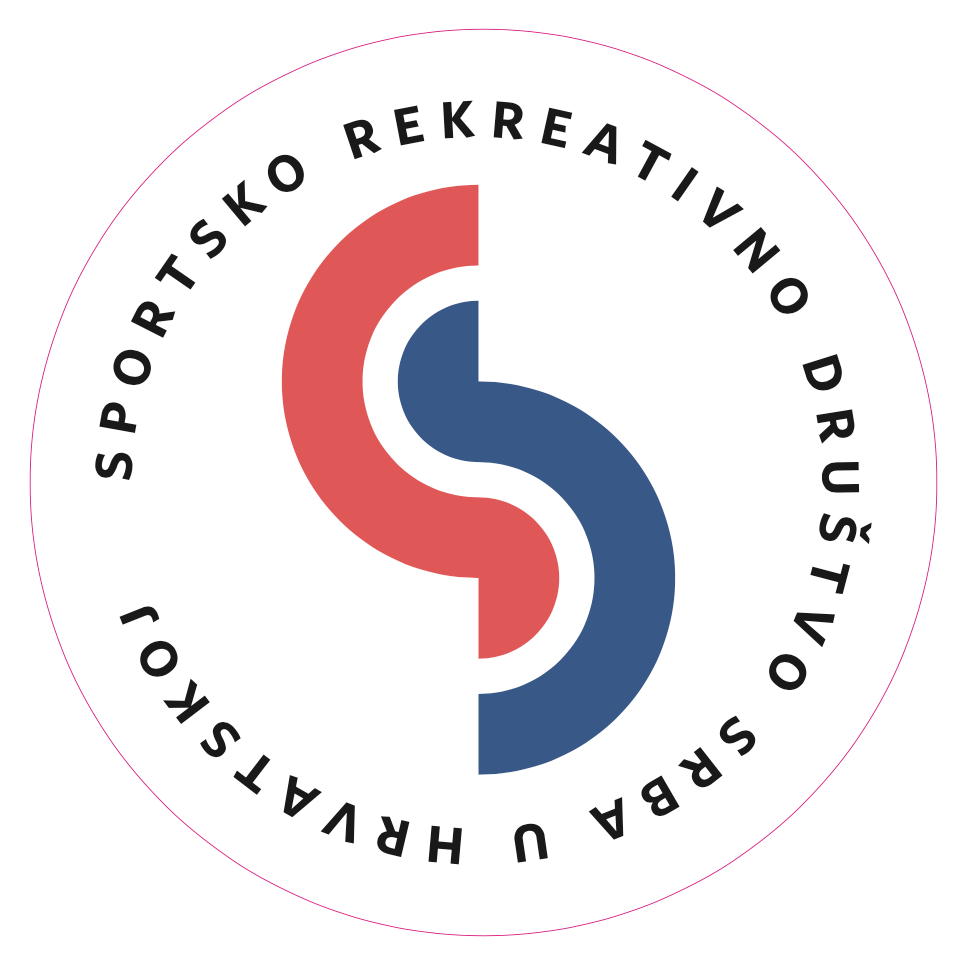
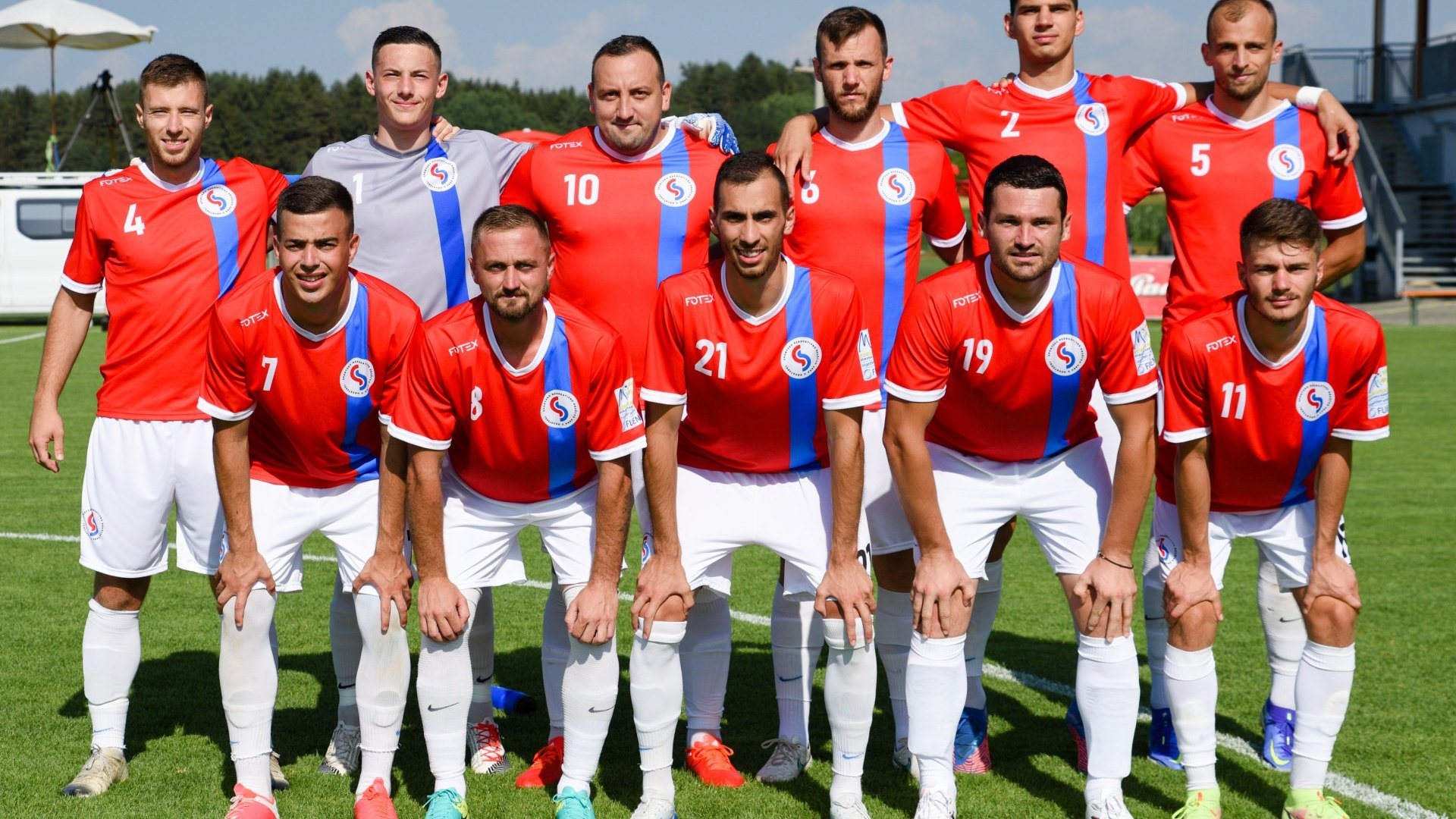
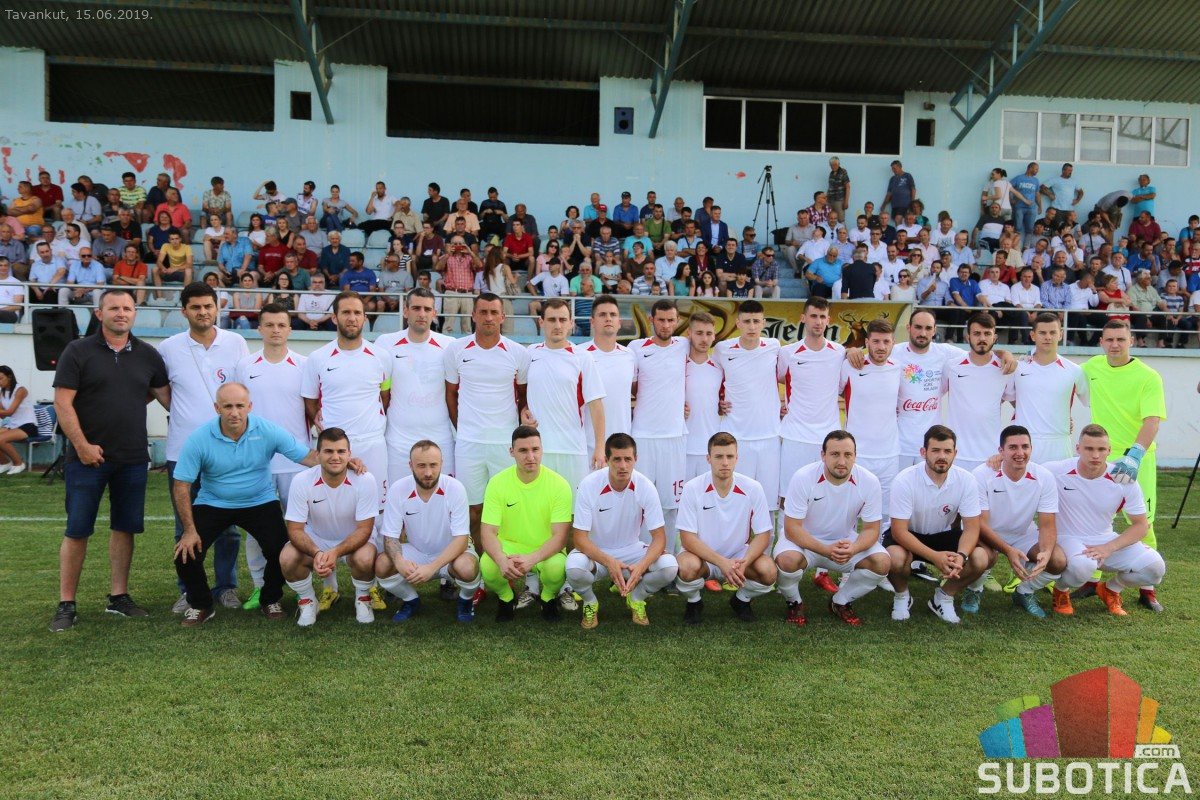



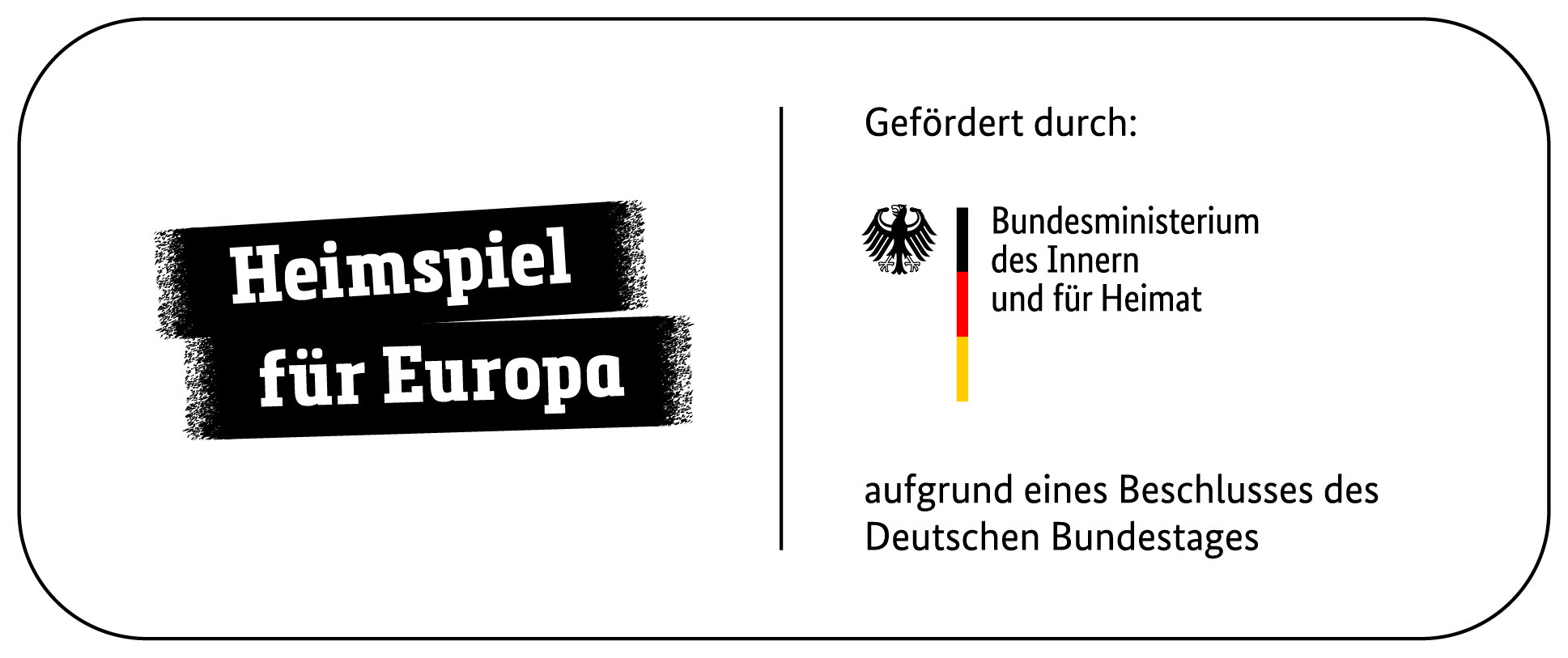
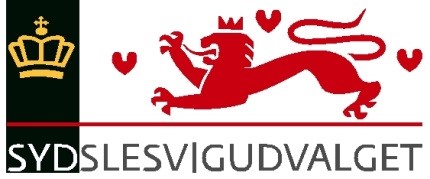



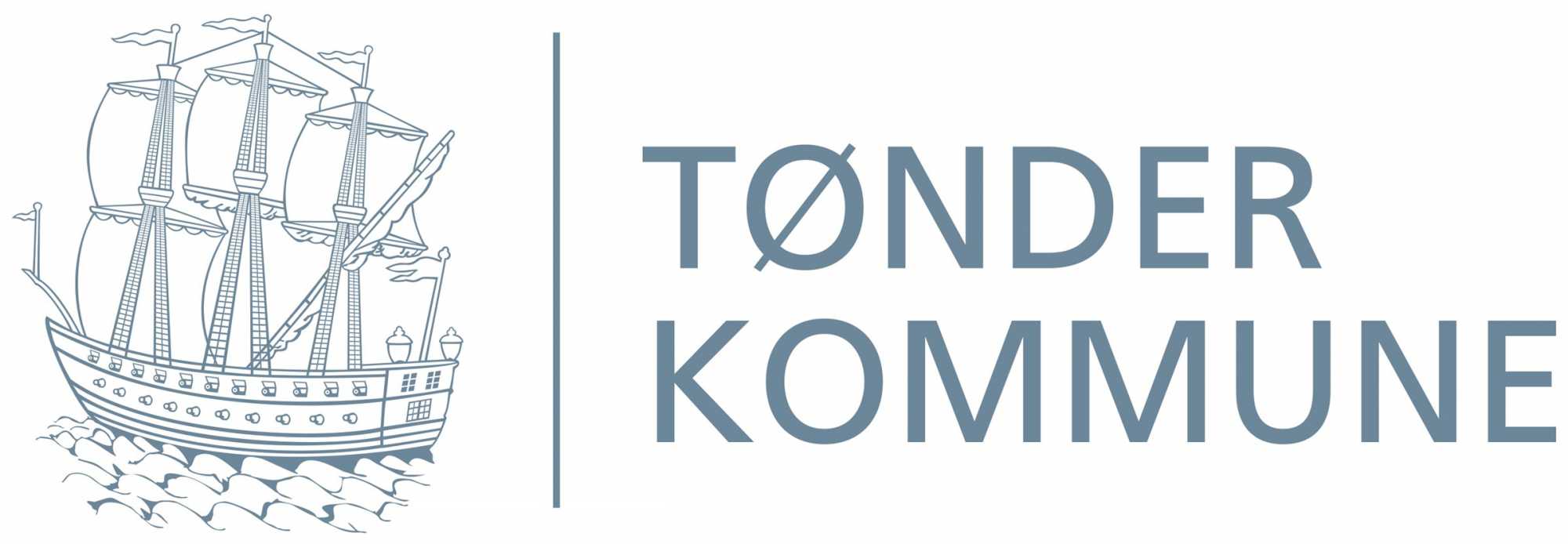
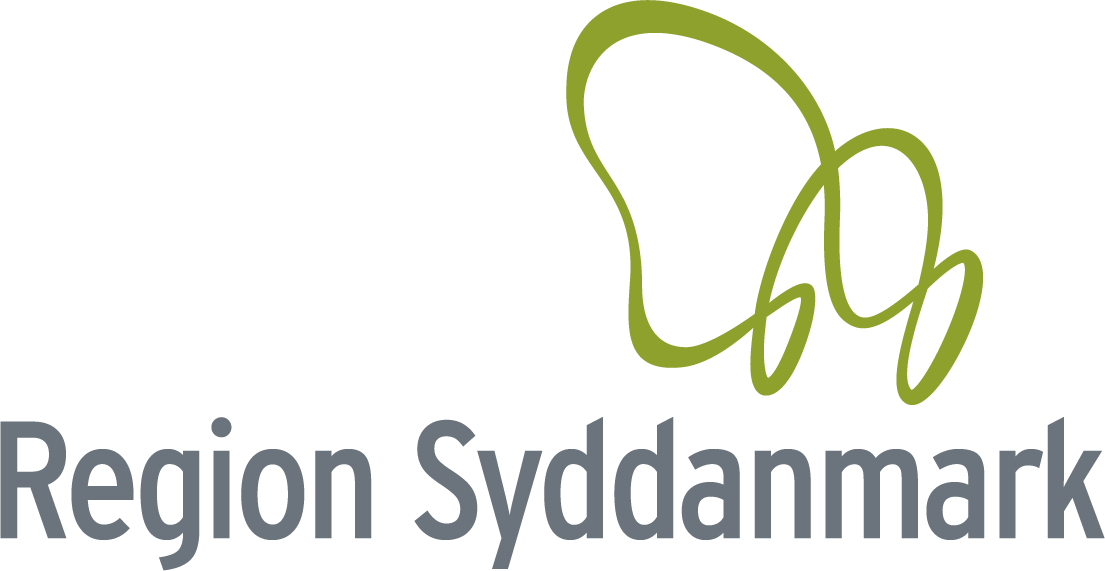
.png)



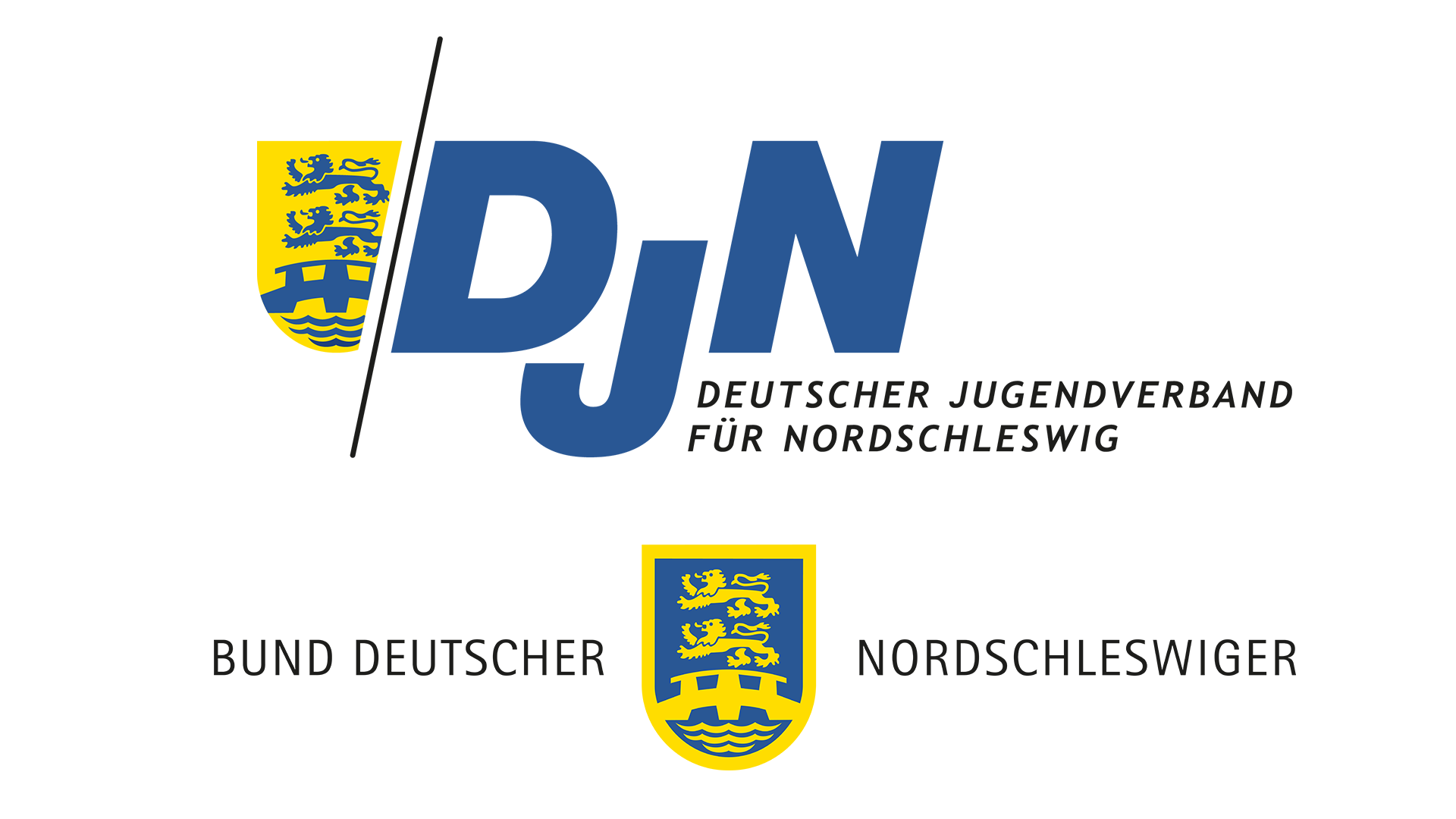
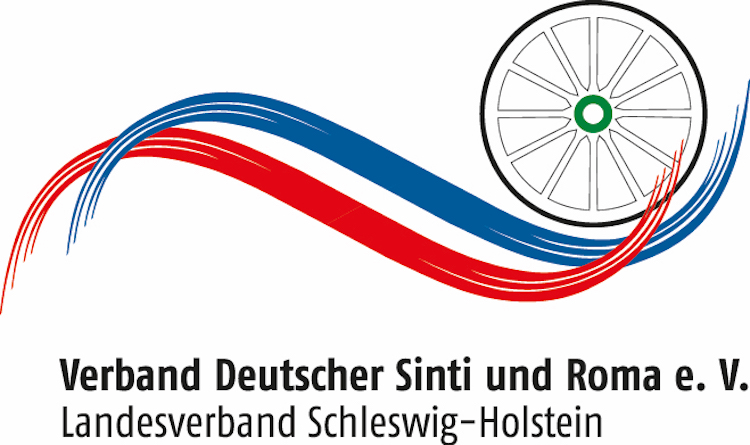

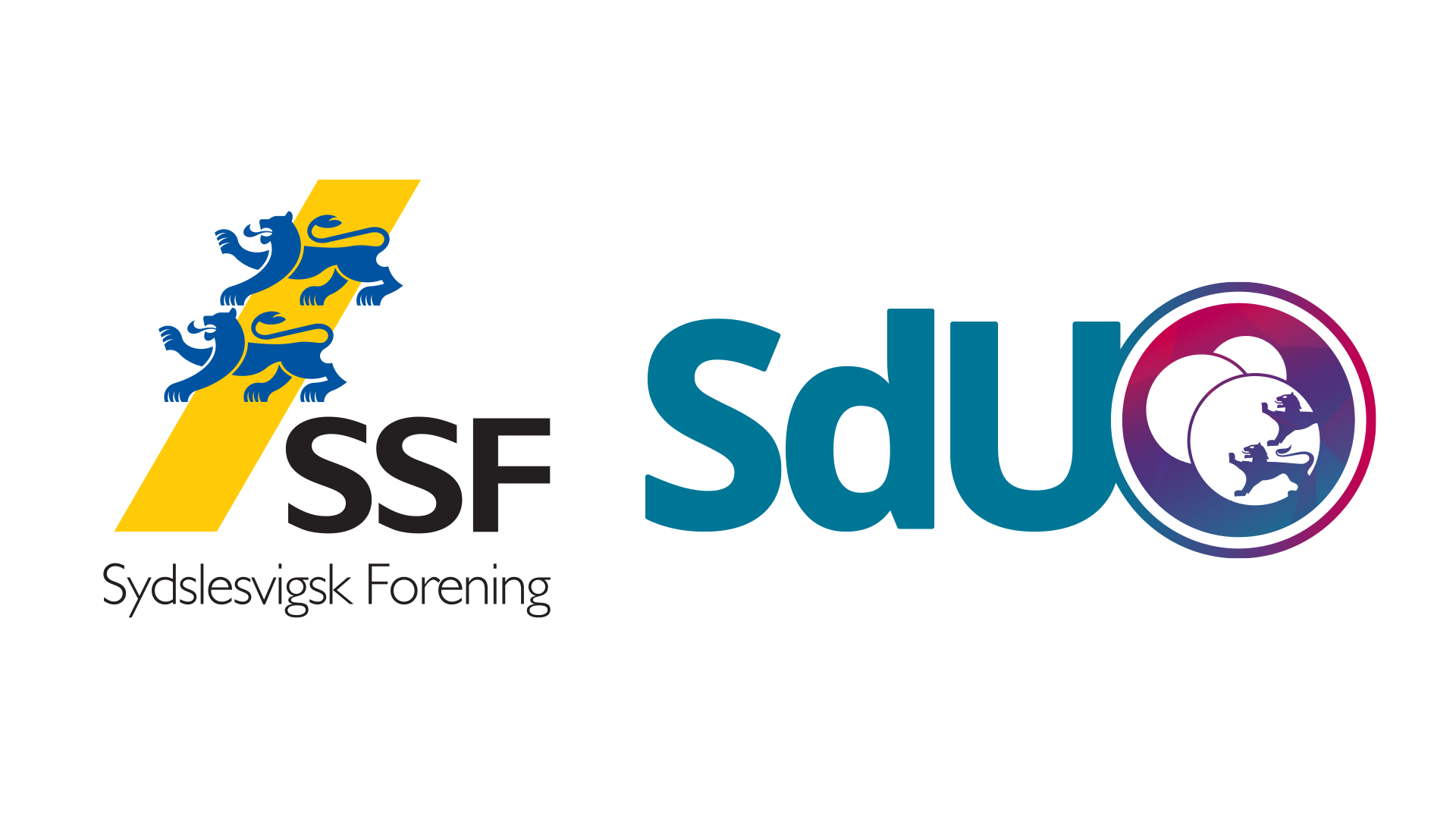
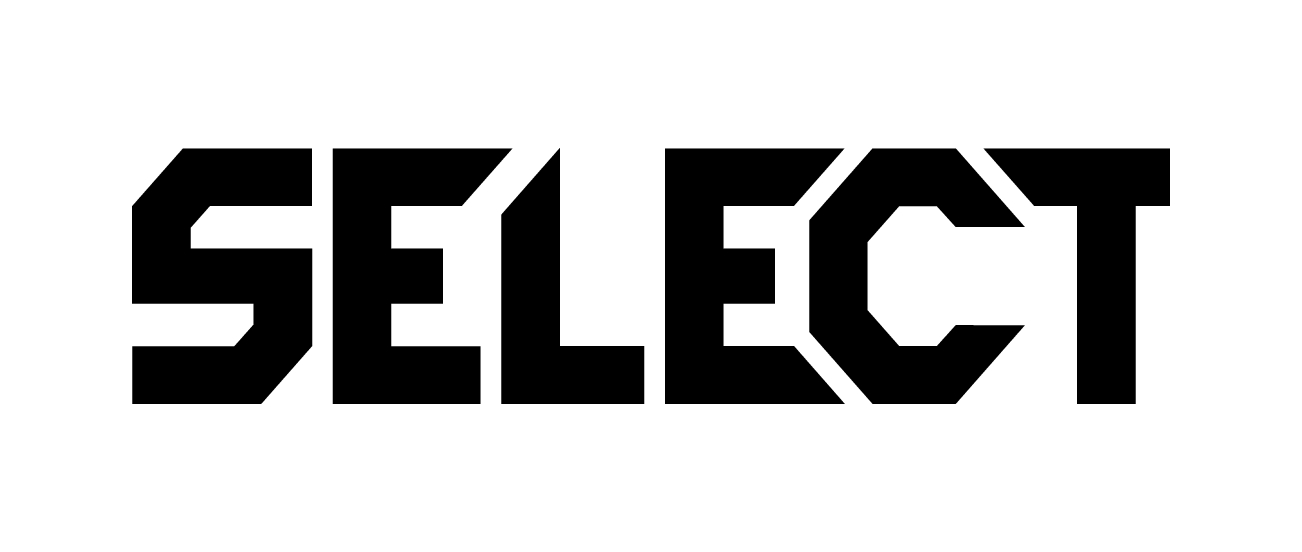

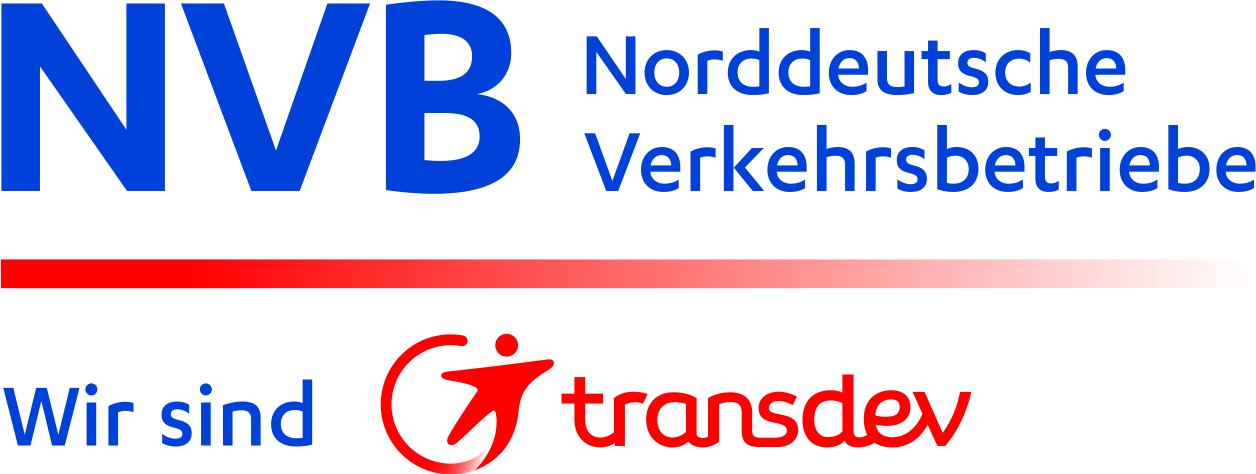

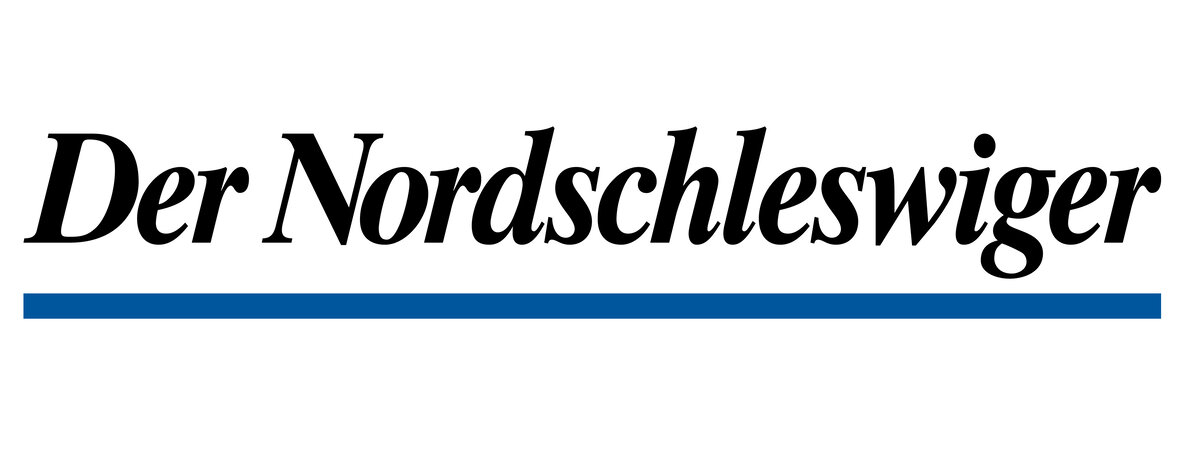




-1.png)
_(1).png)

